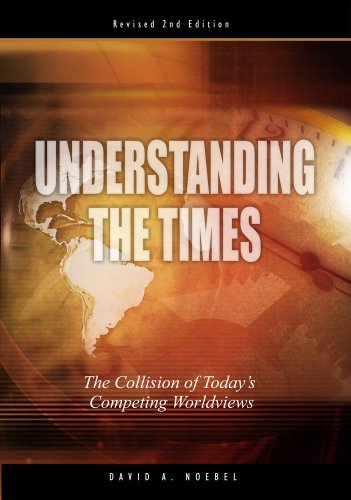
The Culture of Critique: An Evolutionary Analysis of Jewish Involvement in Twentieth-Century Intellectual and Political Movements
Book Description
What if the very fabric of modern thought was woven by a hidden hand? In "The Culture of Critique," Kevin B. MacDonald compellingly investigates the intricate web of Jewish influence within pivotal twentieth-century movements that reshaped society. This provocative exploration dives deep into the intersection of identity, intellect, and power, challenging conventional narratives while revealing the often-overlooked role of Jewish thinkers in the evolution of cultural and political landscapes. As the veil lifts, questions arise: What drives the clash of ideologies in our world today, and what legacy do these influences leave for the future?
Quick Book Summary
"The Culture of Critique" by Kevin B. MacDonald examines the role Jewish intellectuals and activists played in shaping major political and cultural movements in the twentieth century. MacDonald, an evolutionary psychologist, presents the controversial thesis that a set of Jewish-led, intellectual movements helped to shift Western societies toward multiculturalism and away from traditionalism. He analyzes how these movements, including psychoanalysis, Boasian anthropology, and critical theory, promoted ideological and cultural changes aligned with Jewish group interests. The book claims that group evolutionary strategies influenced how Jewish communities engaged in intellectual life, fostering solidarity and influence. MacDonald’s analysis is widely debated, with critics accusing it of advancing antisemitic ideas, while others see it as challenging mainstream narratives of intellectual history.
Summary of Key Ideas
Table of Contents
Group Evolutionary Strategies and Intellectual Influence
MacDonald frames his analysis using evolutionary psychology, proposing that Jewish communities historically maintained strong group cohesion and strategic networking. He posits that these strategies extended to the intellectual realm, enabling Jewish individuals to gain disproportionate influence in Western societies. By building tight-knit communities and emphasizing education, MacDonald argues, Jews were well positioned to participate at the highest levels of cultural and political debate, particularly during periods of social transformation in the twentieth century.
Jewish Involvement in Transformative Movements
Central to the book are detailed examinations of Jewish involvement in key intellectual and political movements. MacDonald highlights figures and networks within psychoanalysis (Freud and followers), Boasian anthropology, the Frankfurt School (critical theory), and leftist political activism. He argues that the common thread among these movements is a critique—often of traditional European cultural norms—and a push toward pluralism and universalism, which he interprets as aligned with Jewish group interests.
Promotion of Multiculturalism and Critique of Tradition
The book contends that these movements championed multiculturalism and challenged the homogeneity and hierarchies of traditional Western societies. By promoting new norms centered on diversity and open criticism of established institutions, MacDonald claims they shifted the cultural landscape in ways that benefitted minority groups, including Jews. The author describes this as a group evolutionary strategy to reduce potential for exclusion or persecution by fostering a more open and fragmented society.
Intellectual Networks and Social Solidarity
MacDonald attributes the success of these movements not only to individual thinkers but to their use of intellectual solidarity and organized networks. He discusses how ideological alliances and mutual support among Jewish intellectuals amplified their visibility and cultural impact. Through academic institutions, publishing, and media, he claims, these networks maintained influence over cultural conversations, helping to shape public opinion and policy.
Controversy, Reception, and Legacy
The reception of "The Culture of Critique" has been highly polarizing. Many scholars and commentators denounce the work for promoting antisemitic conspiracy theories and for selectively interpreting evidence to fit its thesis. Critics argue that the book oversimplifies complex historical and sociological dynamics. Others, sometimes on the political fringe, herald it as revelatory. The book remains controversial, prompting ongoing debates about the intersection of ethnicity, intellectual history, and societal change.
Download This Summary
Get a free PDF of this summary instantly — no email required.





